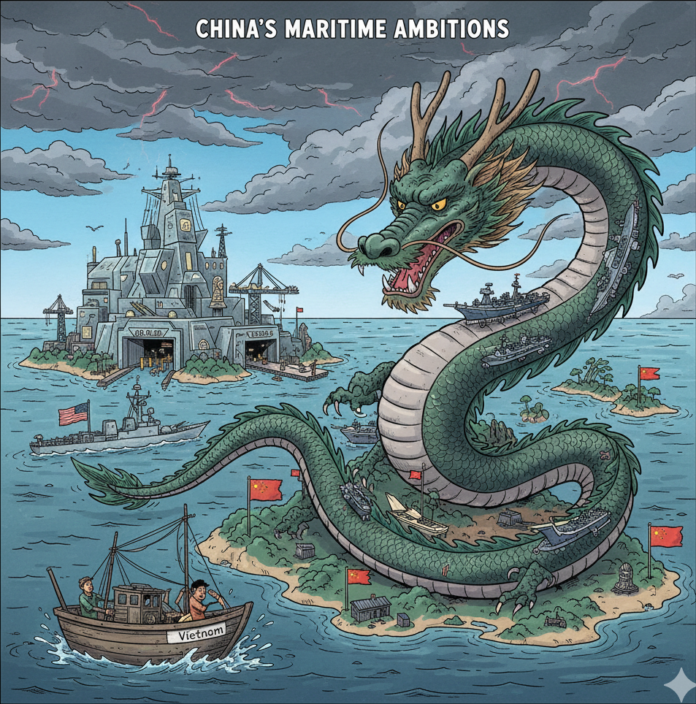The Treaty of Georgievsk, signed on August 4, 1783, marked a significant turning point in the history of Georgia. At that time, the Georgian kingdom of Kartli-Kakheti was facing challenges from neighboring powers, particularly Turkey and Iran, which had been steadily encroaching on Georgian territory since the fall of Constantinople in 1453.
In the late 18th century, Georgia found itself in a precarious position, caught between powerful regional players vying for control of the strategically important Caucasus region. In an effort to secure protection and stability for his kingdom, King Erekle II of Kartli-Kakheti turned to Catherine II of Russia for assistance.
The Treaty of Georgievsk, named after the Russian fort where it was signed, outlined the terms of the agreement between Russia and the Georgian kingdom. In exchange for recognizing Russia’s protection and renouncing independent foreign policy, Erekle II was promised the integrity of his domains and internal autonomy for Kartli-Kakheti.
One of the key provisions of the treaty was Russia’s pledge to defend Eastern Georgia in the event of war and to work towards recovering territories seized by Turkey during previous conflicts. This commitment was crucial for the security and sovereignty of the Georgian kingdom, which had been struggling to maintain its independence in the face of external threats.
The Treaty of Georgievsk came into force on January 24, 1784, and had lasting implications for the future of Georgia. While it provided a degree of protection and stability for Kartli-Kakheti, it also tied the kingdom closer to Russia and limited its ability to pursue an independent foreign policy.
Overall, the Treaty of Georgievsk represented a complex balancing act for Georgia, seeking to navigate the turbulent political landscape of the Caucasus region while maintaining its cultural and historical identity. It remains a significant milestone in Georgian history and a reminder of the challenges and opportunities faced by smaller states in a world dominated by larger powers.




